22th July 2022 – Shabbat is almost here
And today we will enjoy with a star from the opera who was also outstanding in the cantorial repertoire: Jan Peerce.
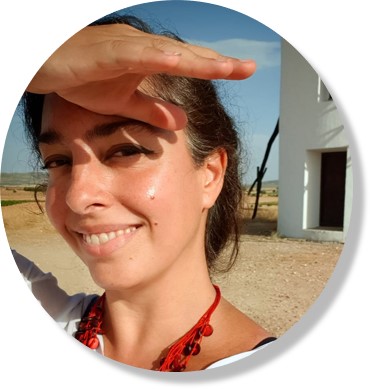 Hello! I hope you are well. It’s been a while since we’ve heard one of these, shall we say, classic cantors. So it’s about time. And today we will listen to one who was also a very famous opera performer: Jan Peerce.
Hello! I hope you are well. It’s been a while since we’ve heard one of these, shall we say, classic cantors. So it’s about time. And today we will listen to one who was also a very famous opera performer: Jan Peerce.
The melodies of these pieces of the classic hassanim are fascinating. Today’s was composed by Abe Ellstein, who you may be familiar with. He is a key figure in 20th century music and we have mentioned him before in Music Before Shabbat.
From the click-through statistics, I see that the biggest hits on MBS are female Sephardic singers, not serious gentlemen dressed in black. However, you can imagine that music is not chosen on MBS to be the most popular. Quite the contrary. The tendency is to focus on artists who are not known to the general public. There is no edition of MBS dedicated to Ofra Haza, Barbra Streisand or David Guetta🤣. Nevertheless, our protagonist of today was a big star in opera!
All this is to say don’t miss these amazing cantors. Their art is masterful and exciting. Enjoy.
See previous editions about chazzanim:
- Kol Nidre in a Sephardic version, by Rabbi Eliahou Elbaz
- Itzhak Perlman & cantor Yitzchak Meir Helfgot
- The Cherkassy born Zalman Bronstein, the hazzan whose life music saved
- One of the best cantors ever: Shimon Farkas
- Yaakov “Yanky” Lemmer. From the heart of NY for you.
- Possibly the highest-paid Chazan of all time: Cantor Zavel Kwartin
- The sanctum sanctorum of hazzanuz and the Jewish Caruso: Gershon Yitzchok Sirota
- From the shtetl to the films with Yossele Rosenblatt, «The Jazz Singer» and A Yiddishe Momme
- Turkish cantor İsak Maçoro
- Cantor Hans Bloemendal
- The secret of Shabbat in Aramaic, by cantor Pierre Pinchik
- Cantor Israel Shorr, the brilliant composer who left too soon
- The black cantor Thomas La-Rue, through Henry Sapoznik
- The chazan’s chazan born in a land of shifting borders: Moshe Koussevitzky
- The Polish legacy saved by a Finnish man and brought to us by a British label: from Syrena to Renair with Salomon Kupfer
- Leib Glantz
- Chazzan Moshe Bazian – Rachamono D’onay
- Hazan David Kadoch – Tikun Hatal
Then, please, spread the word.
| Share this with a friend, right from here |
About Jan Peerce
Jan Peerce was a leading figure in 20th century opera. When he died on 15 December 1984 in New York, many newspapers in different countries published an obituary.
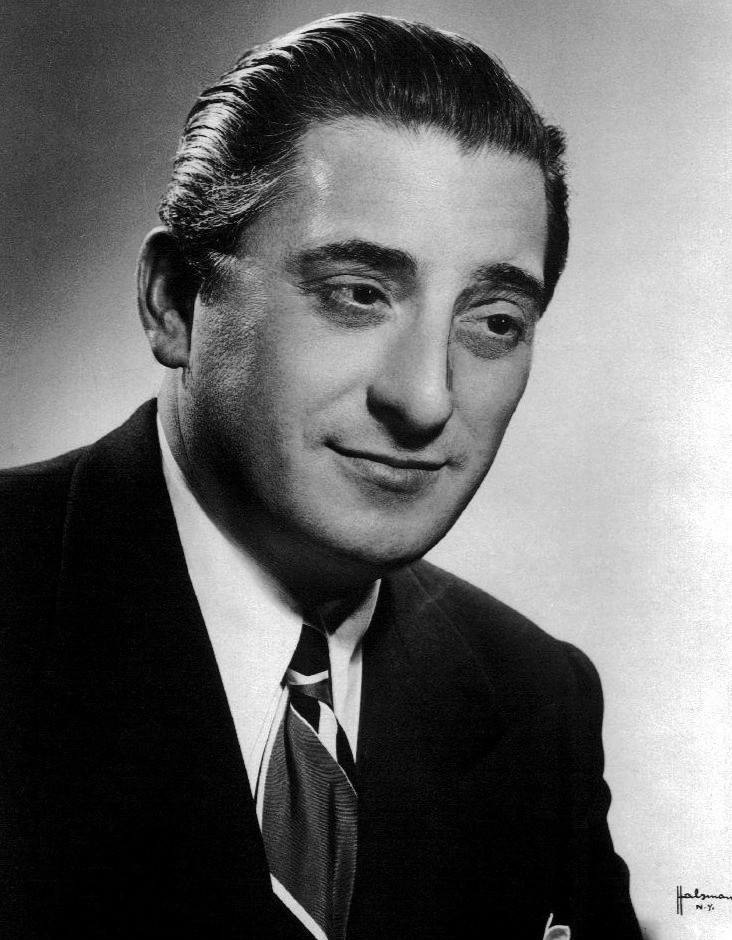
For instance, the Spanish newspaper El País said that the American tenor died “at the age of 80, after two years in a coma. Peerce, the son of Russian emigrants, began his artistic career in 1932. For almost 30 years he performed on numerous stages in the United States, Europe and the Soviet Union. In 1971, he made his Broadway debut in Fiddler on the Roof. His rendition of the song Bluebird of Happiness broke record sales records.”
You can listen to that mentioned “Bluebird of Happiness” here.
For this biography I will mix some information from the website of the Jewish Music Reasearch Centre, from the website of Geoffrey Shisler and from DiarioJudío.
Jan Peerce (birth name Jacob Pincus Perelmuth) was born in New York City in 1904.
His parents where Louis y Henya Perelmuth, from the village of Horodetz (Polesia), that was Poland at their time and nowadays is Belarus. They emigrated in 1903 with their son Mottel, ho would die in an accident in 1907. They had lost a daughter before, because of an epidemic. Jan was born the following year, in a flat on the Lower Side, Manhattan.
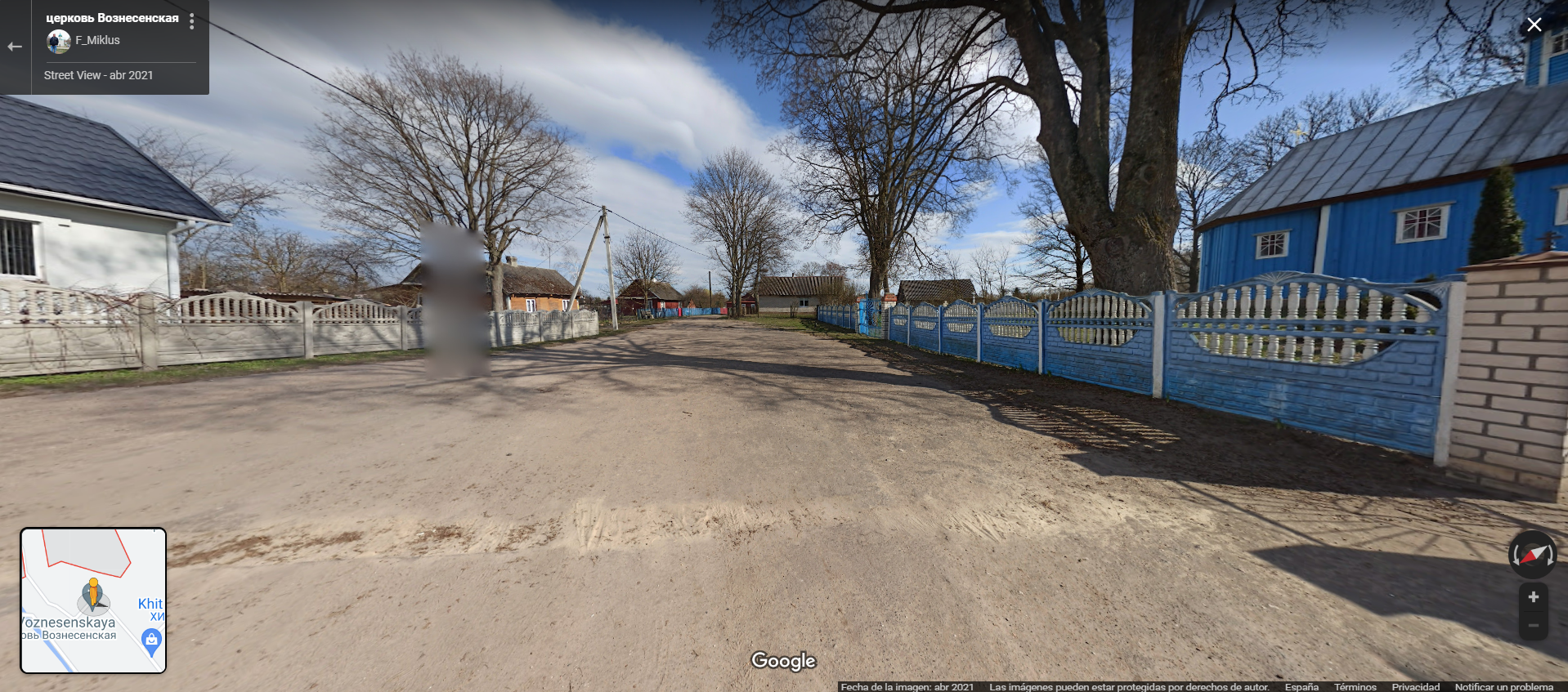
Jan’s mother encouraged him to learn to play violin, beginning his performance career as a violinist for an NYC dance band, under the name Jack “Pinky” Pearl. He sang occasionaly, so his natural talent was discovered. He studied singing with Giuseppe Boghetti.
In 1933 (other sources say 1932), he was offered a long-term contract as a singer at Radio City Music Hall, New York and he got much appreciation. Conductor Arturo Toscanini was particularly impressed by Peerce’s vocal talent, and shortly after his debut in 1938, Toscanini invited Peerce to sing with the NBC (National Broadcasting Company) Symphony Orchestra. Peerce was the favourite singer of Toscanini during his 17 years in the NBC.
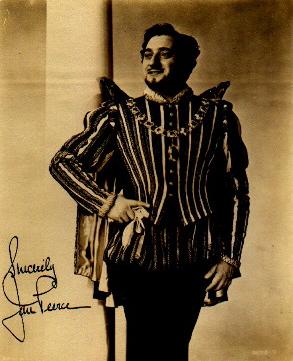 In 1956, under the auspices of the U.S. State Department, Peerce was the first American to perform with the Bolshoi Theatre Opera.
In 1956, under the auspices of the U.S. State Department, Peerce was the first American to perform with the Bolshoi Theatre Opera.
About the composer of today’s piece: Abraham Ellstein
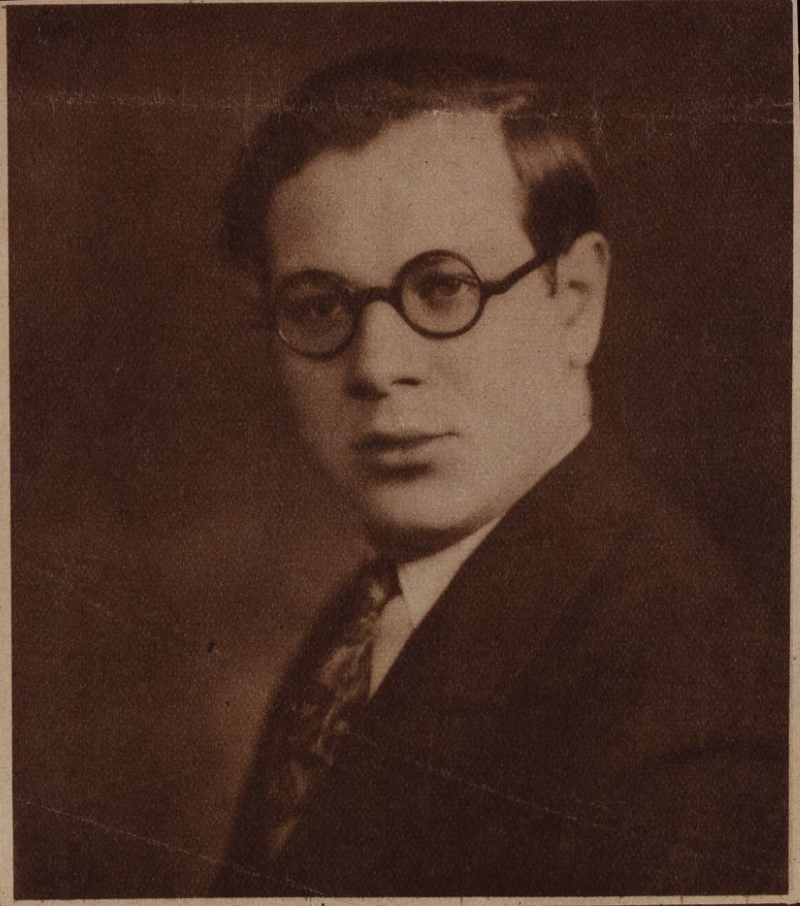
On the edition dedicated to Dave Tarras, we already learnt about Abraham “Abe” Ellstein. There, you can read that the Center of Jewish History explains that:
“Abraham Ellstein, songwriter, composer, conductor, and director of the American Yiddish theater, was born on the Lower East Side of New York City on July 7, 1907. […] He was a well-known accompaniest to numerous stars of the Yiddish theater. […] He composed over thirty scores for the Yiddish theater and film and more than 500 songs and was known as one of the “big four of Second Avenue,” along with Shalom Secunda, Joseph Rumshinsky, and Alexander Olshanetsky. […] Ellstein was also involved in Yiddish radio, hosting several regular programs on WEVD, including Yiddish folk music, theatrical music and cantorial and liturgical music. Additionally, he wrote and arranged English music for Broadway, radio, telelvision, popular music concerts, and films. His opera The Golem, based on the Jewish legend as well as on H. Leivick’s work, was commissioned by the Ford Foundation and premiered at the New York City Opera in 1962.”
The portrait is of public domain and I got it from here.
About the piece
The piece that we will listen to today can be found written in many ways: V’lirusholayim Ircho, Veliyerushalayim Ircho, Veliy’rushalayim ircha… The lyrics can be found translated into English here. I think there is just a part in this link, because the reference they have is a different version, it is the one sung by Dudu Zakai, that you can listen to here. It has nothing to do with the piece that we have for today, apart from part of the text.
There are other versions in the classical style, like:
- this one by Shlomo Kupfer, that is thrilling,
- more recent ones, like this one by Colin Schachat,
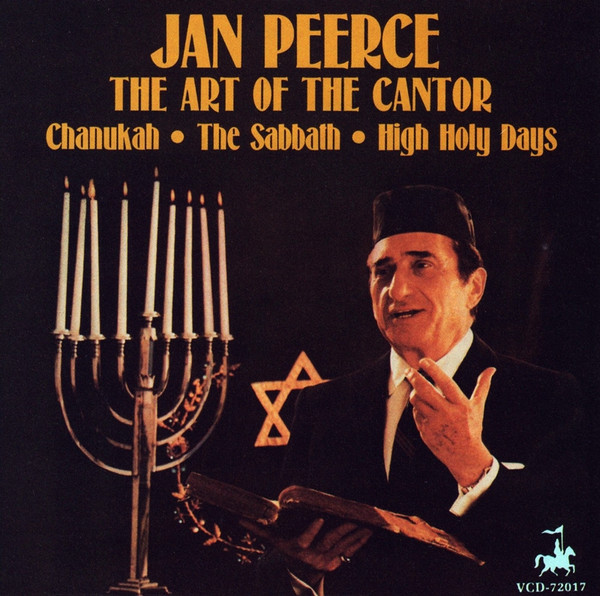
- this other one by Yitzchak Meir Helfgot, that is absolutely and outstandingly wonderful!
The composer was Abraham Ellstein, as mentioned above.
Jan Peerce recorded this song and you can find it in the album Cantorial Masterpieces and in the album The Art of the Cantor.
